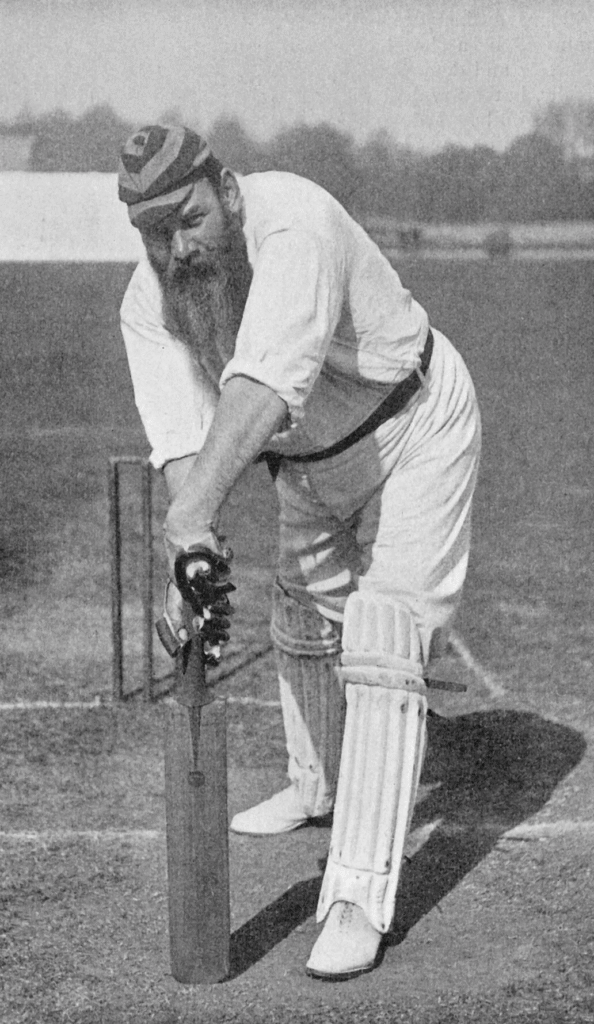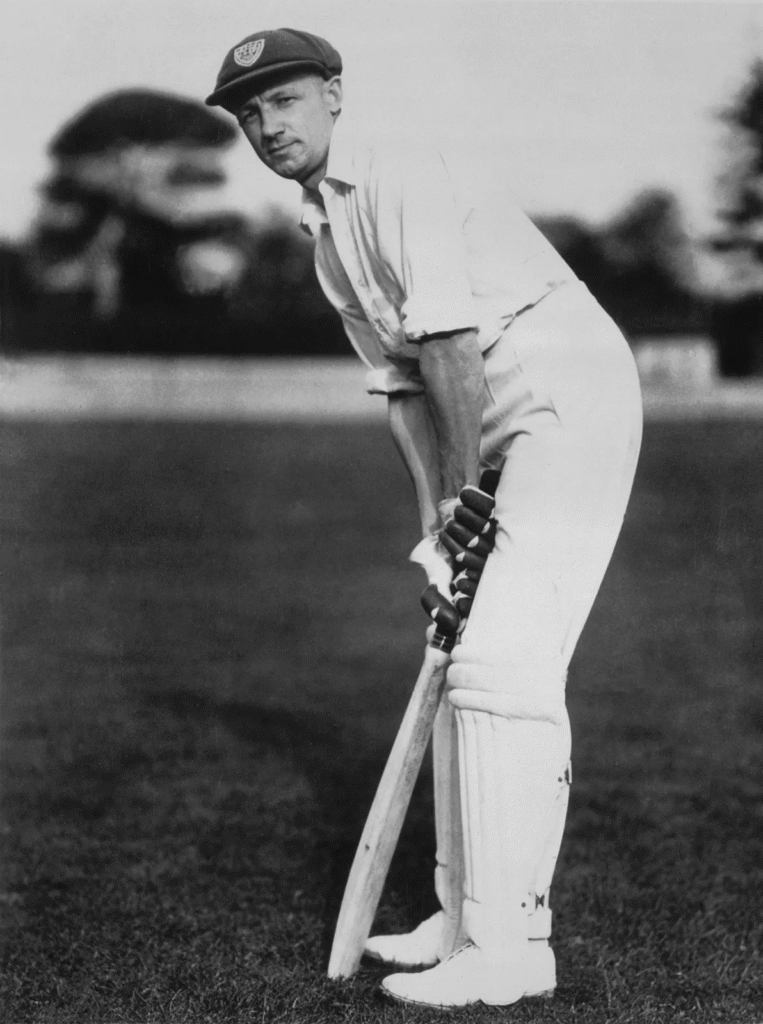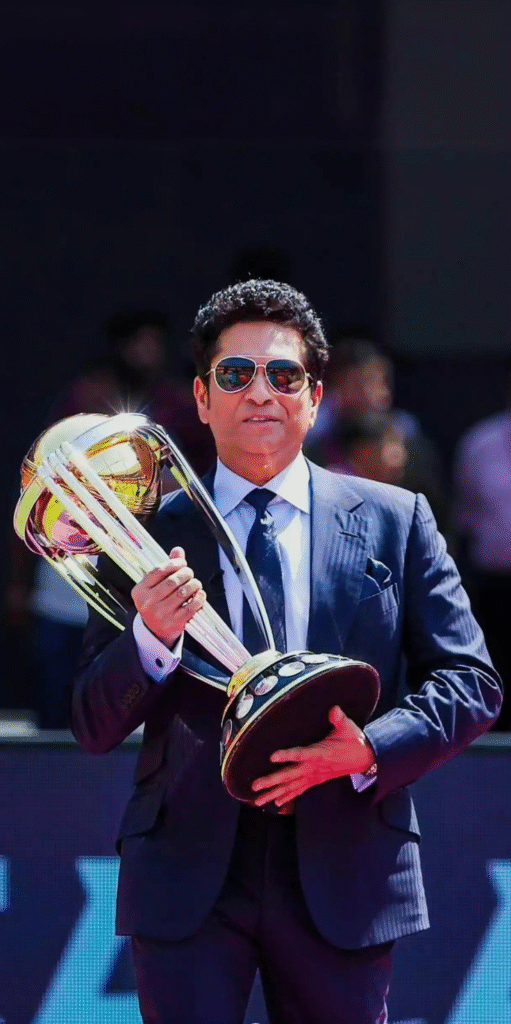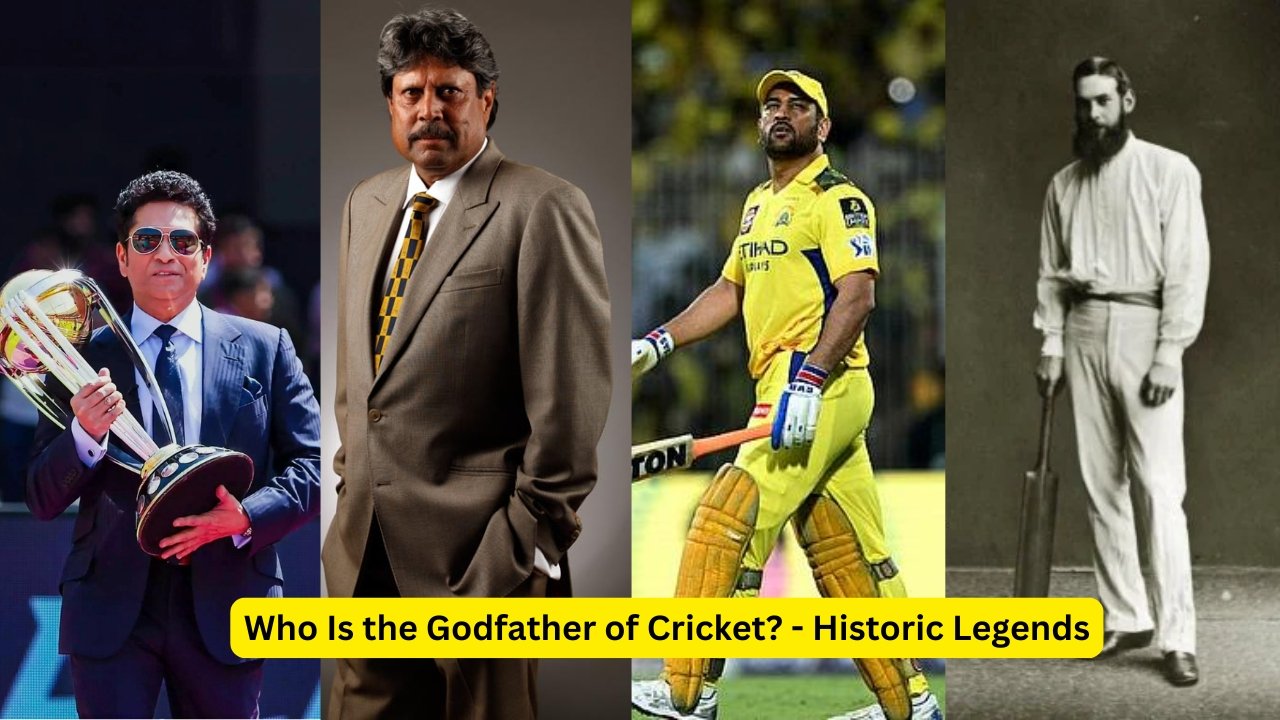When posed with the question, “Who is the godfather of cricket?”, one does not consider an actual title or award. It is a question of who the cricketer (or cricket person) is that is so foundational, so influential, and so iconic where we credit a big portion of cricket’s identity to him?
Throughout the decades, many names have been put forward from the 19th century through modern-day cricketers. Even in India there will be controversies; the question of, “Who is the godfather of cricket in India?” finds itself debated passionately, and while many people could justifiably be put forward, it would be one or more individuals that stands out.
In this article we will review the contenders, understand what the title should truly mean, compare global candidates to Indian candidates, provide side comparisons, and finally speculate who may be the next “godfather.”
What Does “Godfather of Cricket” Really Mean?
This title is symbolic rather than institutional. To be bestowed with the title, an individual must check off some combination of the following boxes:
- Foundational or Transformational Impact – a person who redefined how the game is played, viewed, or is managed.
- Exceptional Skill and Records – dominance in performance and success across time.
- Leadership and Legacy – someone whose influence went beyond participation; built teams or institutions; mentored; captained; exercised influence broadly.
- Emotional and Cultural Resonance – fans had a deep relationship with the figure, he or she was better associated with an era in the public’s memory.
- Longevity or Continued Relevance – impact must be seen beyond participation, presence must still be felt in the evolution of the sport. (Over time, legacies grow and mutate further beyond original participation.)
No single individual can reasonably check off each of the dimensions entirely, hence, at times and in different historical spaces, multiple legendary figures may possess the title of “godfather.”
Historic Legends Often Considered Godfathers of Cricket
Let’s review some of the main individuals who are commonly referenced as the “godfather of cricket,” their contribution to cricket, and what merit they have to this designation.
1) W.G. Grace – The First Superstar

- Era & Role: Mid to late 1800s, England.
- Why he is on this list: Grace is often counted among pioneers of moving cricket from a hobbyist sport to a spectacle. His presence drew crowds and was in every sense a strongman on the cricket field with his batting, bowling, and physicality.
- Strengths:
- He was responsible for much of the professionalization of cricket in the game where was entirely an amateur endeavor.
- His personality made cricket a spectator sport; people came to watch Grace play.
- He advanced techniques and attitudes regarding regard to batting and fitness.
- Limitations: Statistically, Grace is not on the level of later players; he played in a less global cricketing environment.
For his original role as a pioneer, historians commonly describe Grace as the “original godfather” or first seeds for what cricket was to become.
2) Sir Donald Bradman -The Benchmark

- Era & Role: Australia, 1928–1948, pure batsman.
- Why he is so often viewed as the godfather: Bradman’s Test batting average of 99.94 is simply legendary, unlike anything any other player has accomplished. He simply dominated batting like no other player.
- Strengths:
- Unparalleled performance: he was the best player on the field in almost every instance.
- He was so good that his opponents came up with several different strategies to contain him (i.e., Bodyline).
- Psychological dominance: opponents and bowlers made plans about him.
- Legacy: Bradman is still the measurement of excellence in batting; every younger cricketer and statistician references Bradman.
Due to Bradman’s combination of technical mastery, consistency, and absolute domination, many view him as a godfather of cricket in the world—predominantly in batting.
3) Sir Garfield Sobers – The All-Round Greats

- Era & Role: West Indies, 1954-1974, complete all-rounder (bat, ball, field).
- Why he is a godfather candidate: Sobers could dominate any aspect of the game. All the while in a period of more specialization, he remained multidimensional.
- Strengths:
- Exceptional batsman (365* in Tests), and multi-skilled bowling (pace, spin).
- Inspired generations of all-rounders.
- Noted captain, a figure in cricket.
- Weaknesses: Althought he is revered, it could not be said that his name always carries the centrality that Bradman does, with all his variants.
He is often referred to as the “godfather of all-round cricket,” due to the balance that he achieved in technique in all dimensions.
4) Sunil Gavaskar – An Indian Trailblazer

- Period & Function: India, 1971 – 1987, opening bat.
- Why he’s a theater heart-honored: Gavaskar was one of the first Indian batsman to be a consistent player against the quickest bowlers in the world.
- Strengths:
- Technical horizontalness and mental mobility against pace attacks.
- As a result, India started to earn respect as a batting religion.
- He inspired many to follow him to create future stars like Tendulkar, Dravid, and Ganguly.
- Limitations: He is more respected regionally than globally, and was lesser of a leader than some others.
In the Indian context, Gavaskar is often and regularly one of the first “godfathers”, or someone who essentially set the standards in Indian batting.
Indian Legends Regarded as “Godfather of Cricket (in India)”
There are three names from India that usually come up in the discussion and they all bring their own styles and weight to the table.
1) Sachin Tendulkar – The Timeless Legend

- Time Period and Level: 1989–2013, Legendary Batsman of India.
- Reasons why many people call him Godfather cricket in India:
- 100 international centuries – an incomparable achievement.
- Huge runs in Tests and ODIs and influence in different formats.
- His character and consistency captured the hearts of fans spanning multiple generations.
- He made classical cricket techniques his own and evolved with the game as it grew.
- Strengths:
- He stood a long test of time with the game through the ages (from the 1990s to early T20).
- He raised the profile of cricket, the narrative, and the commercialization of cricket in India.
- Challenges: When ranked among captians and great players, his captaining was not as a remarkable or he ranked behind others.
None the less, among an enormous majority of cricket fans in India, Tendulkar represents greatness – all of which make him a dominant candidate for one of the legends to be referred to Godfather cricket in India.
2) Kapil Dev – The Belief Builder

- Era & Role: 1978–1994, fast-bowling all-rounder and captain.
- Why he’s in the conversation:
- Kapil led India to the first World Cup win in 1983, which was a watershed moment in Indian cricket belief.
- As an all-rounder, he shaped the batting and bowling culture.
- Kapil brought a fearless style of play while Indian cricket was still emerging away from home.
- Strengths:
- Kapil was courageous and athletic, but represented the team and selflessly carried its’ spirit through difficult times.
- Kapil proved India could win on the world stage.
- Limitations: While Kapil’s records stay strong, their impact is shadowed by specialists; over time Kapil is not as revered a name as Tendulkar.
Kapil is sometimes stored as the “godfather figure” – a foundational player for Indian cricket and its’ success.
3) MS Dhoni – The Present-Day Godfather

- Era & Role: 2004–2020, captain, finisher, wicketkeeper-batsman.
- Reason that many educated fans of the modern-day, hold Dhoni as a figure of godfather status:
- The one and only Indian captain to win all three major ICC trophies (T20 World Cup, ODI World Cup, Champions Trophy).
- He was a stellar match finisher and one who maintained strategic calm during competition.
- He mentored an entire generation of the present-day Indian cricketer.
- Strengths:
- Leadership when pressured, decision making, ability to finish a match.
- He bridged classical cricket and present-day T20/franchise cricket.
- influence in the IPL, and preparing new talent.
- Weaknesses: His batting average records are strong, but nowhere near as comparable as pure batsman; outside of India, the reverence could be niche.
Many have argued for the present day, that ultimately MS Dhoni is the godfather of the modern day of Indian cricket – combining legacy, leadership, and relevance in present-day cricket.
Synthesis: Who is The Godfather?
There is no one answer to fit all frameworks. But contra existential and situational variables, if an assessment is made in weighing the criteria (impact, legacy, emotional), a few conclusions emerge
- Globally, Sir Don Bradman is the only viable candidate for the godfather of cricket due to his total anonymity of dominance and legacy benchmark standing.
- In India, Sachin Tendulkar is the best candidacy to the godfather of cricket due to his records, longevity, and emotional tie with fans.
- W.G. Grace deserves credit as the original godfather, the original “laying of the foundation.”
- Others (Sobers, Kapil Dev, MS Dhoni, etc.) stake strong and reasonable claims within their framework, whether all-round excellence, belief building, or modern leadership.
The Godfather designation is fickle- it is a variable and consequences with time, perspective, and fandom.
Criteria & Framework for Judgment
To maintain clarity, here’s a consolidated framework one can use to evaluate any candidate for godfather of cricket:
| Criteria | What It Measures | Weight / Importance |
| Performance & Records | Runs, averages, centuries, wickets, dominance | High |
| Era-defining Impact | Did the cricketer redefine batting, bowling, fielding, technique? | High |
| Leadership & Influence | Captaincy, mentoring, building teams/institutions | Medium to High |
| Cultural & Emotional Resonance | How fans and cricket culture perceive and connect with him | High |
| Longevity & Adaptability | Ability to sustain success across eras and formats | Medium |
| Legacy & Endurance | Continued relevance and influence long after retirement | High |
By applying this matrix, one can balance numbers with narrative, regional pride with global perspective.
Possible “Next Godfathers” of Cricket
Legends emerge in every generation. The current and next generation of players have names that continually come up in conversations around who the next “godfathers” might be:
- Virat Kohli (India) – With blazing consistency, a plethora of centuries, and unmeasurable work ethic, many believe he is already halfway there.
- Babar Azam (Pakistan) – Smooth, calm, and consistent across formats – this man will be a leader.
- Joe Root, Kane Williamson, Steve Smith – Each man has carried the burden of batting for his nation for years and shown signs of being a leader.
- All-rounders like Ben Stokes – because modern cricket holds value in multi-dimensional type of play.
- And, we will have players who have the skill, reach/impact, and character that contribute to building a “next godfather” legacy.
But time will tell. Consistency for decades, cultural relevance, and staying power – are al very important.
Regional Variations & Fan Perception
It’s worth noting the “godfather” each person prefers and determines to have the godfather title is based on region, age group, and cricket culture.
- In Australia, the respect for Bradman is virtually like a religion.
- In India, although Tendulkar is still the one who gets unmatched and emotional support from their fans, names like Dhoni, Kapil, and others are also mentioned.
- The West Indies most commonly mention Sobers, Richards, and Clive Lloyd for the most respect.
- Younger cricket countries are prone to selecting one of the global icons (Bradman/Sobers) as their godfather.
This means that there are several valid “godfathers” living in different cricket worlds, and each “godfather” has an on-going place.
Conclusion: It’s a Title, Not a Crown
“Who is the godfather of cricket?” is a question and conversation that does not have an immediate answer – it is a form of recognition and canonization of greatness throughout generations of players and fans alike.
- Sir Don Bradman often leads the conversation at a global level due to sheer dominance and the benchmark he has maintained.
- Sachin Tendulkar commands that same level of recognition in India based on his records and emotive place in their legacy.
- W.G. Grace remains the founding legend of cricket, and his pioneering talent gave cricket its direction.
- MS Dhoni, Kapil Dev, and Garfield Sobers all put forth some strong claims in their specific cricket environment.
In the end, we don’t crown a single “godfather” – we recognize that cricket, like any rich tradition, has multiple pillars. The legend, after all, is that cricket is bigger than any one man – but men like these make it legendary.
Recommended:


